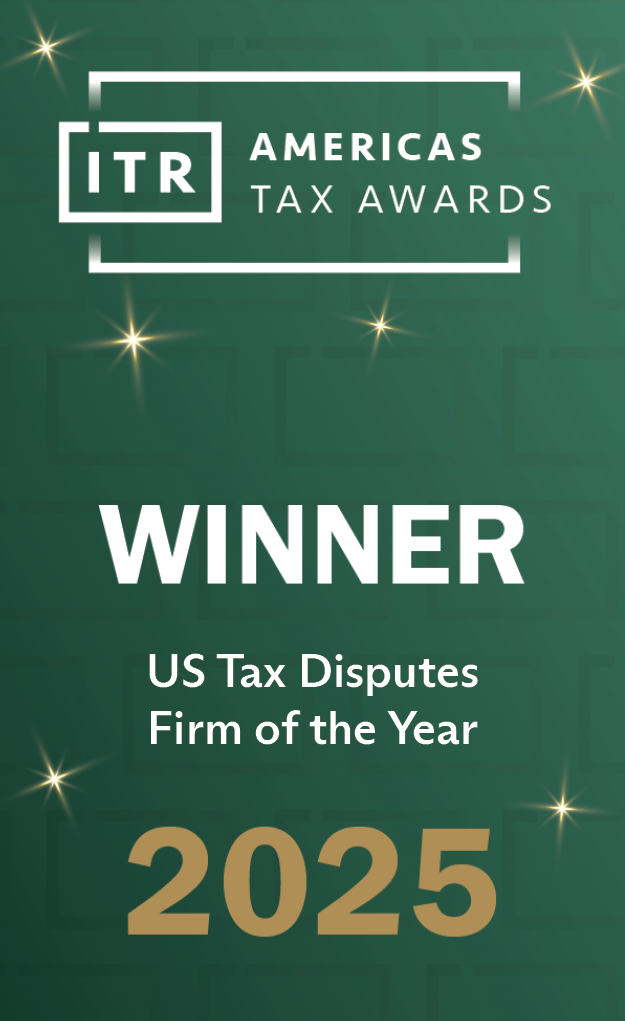The Large Business and International Division of the Internal Revenue Service (IRS) developed the Compliance Assurance Process (CAP) program to improve large corporate taxpayer compliance with US federal tax obligations through the use of real-time issue resolution tools and techniques.
On September 12, 2019, the IRS announced that it was accepting applications—for the first time since 2015—from new corporate taxpayers that meet the eligibility requirements for the CAP program. The application period for the 2020 CAP year begins on September 16, 2019, and ends on October 31, 2019. Generally, applicants must meet the following requirements in order to be eligible to apply for CAP: (1) applicants must have assets of $10 million or more; (2) applicants must be a US publicly traded corporation with a legal requirement to prepare and submit SEC Forms 10-K, 10-Q, and 8-K; and (3) the applicant must not be under investigation by, or in litigation with, any government agency that would otherwise limit the IRS’s access to current tax records.
Taxpayers interested in applying for the 2020 CAP year must submit an application with several forms:
- Form 14234 – CAP Application
- Form 14234-A – CAP Research Credit Questionnaire
- Form 14234-B – Material Intercompany Transactions Template
- Form 14234-C – Taxpayer Initial Issues List
- Form 14234-D – Tax Control Framework Questionnaire
If the taxpayer also meets the eligibility and suitability criteria, the application will be forwarded for an evaluation of the application. Accepted taxpayers will be notified in writing by the Territory Manager assigned to the taxpayer.
However, acceptance is not automatic; the IRS, in its sole discretion, may reject the application when warrants by the facts and circumstances of the application or in the interest of sound tax administration. If an application is rejected, the taxpayer will be notified in writing and provided with the reasons why it was not accepted.
Further information regarding the IRS’s CAP program may be found here. Earlier coverage of the IRS’s 2018 recalibration of the CAP program can be found here.
Practice Point: The CAP program is a valued tool for many large corporate taxpayers. Eligible taxpayers that are interested in the CAP program for 2020 should prepare and submit an application as soon as possible.







